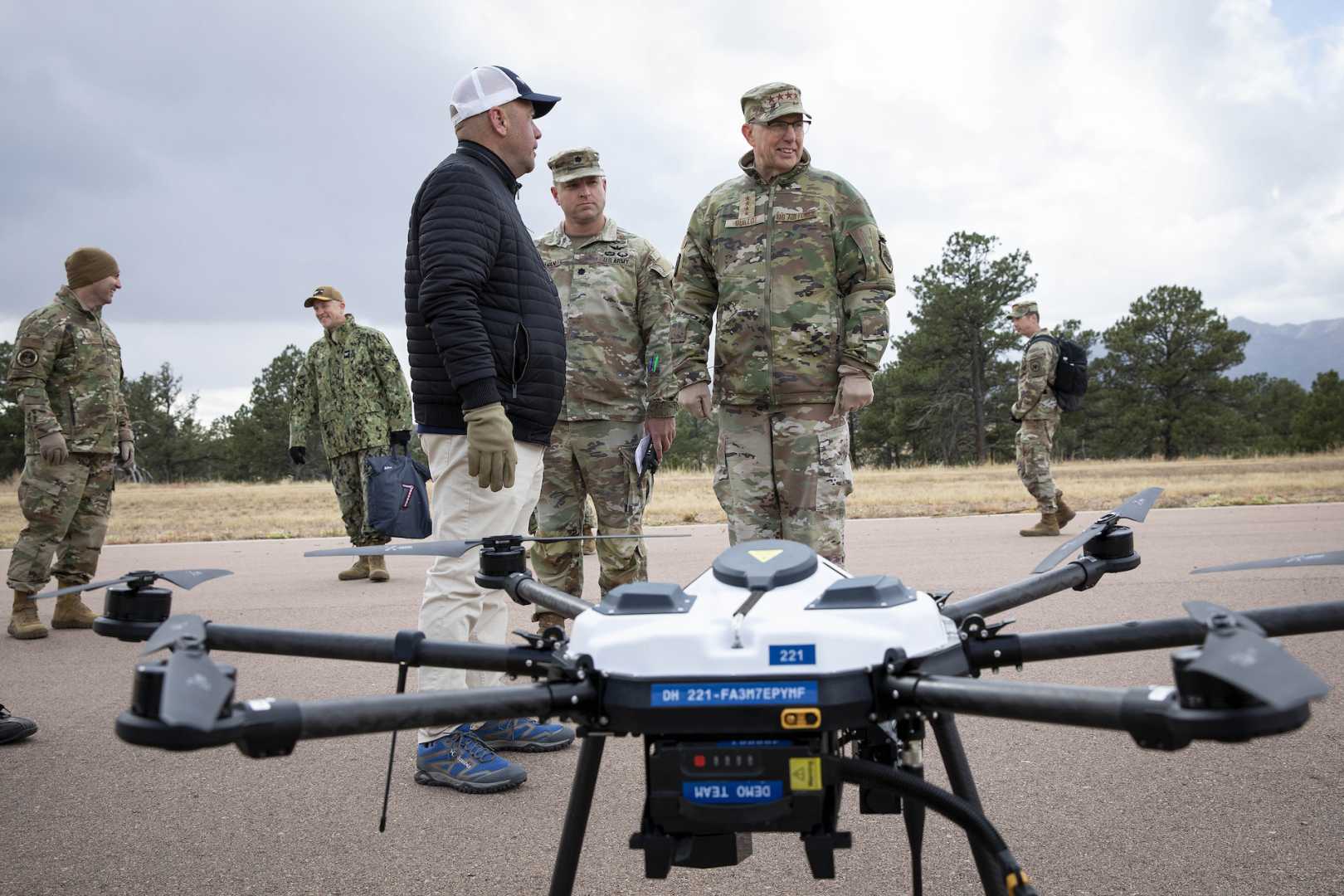Politics
Senate Hearing Reveals 350 Drone Incursions Over Military Bases in 2024

WASHINGTON, D.C. — U.S. Air Force Gen. Gregory Guillot, commander of North American Aerospace Defense Command (NORAD) and U.S. Northern Command (NORTHCOM), testified before a Senate committee that military installations faced 350 drone detections over the past year, sparking calls for expanded authorities to deal with the growing threat.
During a hearing on February 13, 2025, Guillot emphasized the critical nature of the situation, stating, “The primary threat I see for them in the way they’ve been operating is detection and perhaps surveillance of sensitive capabilities on our installations.” The incidents involved drones encroaching on over 100 military sites, demonstrating a widespread problem that requires immediate attention.
Guillot’s testimony highlighted the limitations on current counter-drone measures, citing a complicated regulatory structure that hampers military responses. “Complicated regulatory structure and limitations on UAS countermeasures stemming from concerns about flight safety and privacy have created significant vulnerabilities that have been exploited by known and unknown actors,” he told lawmakers.
Only about half of the U.S. military bases are classified as “covered installations,” which provides certain legal protections and response capabilities against drone incursions. Guillot argued for an expansion of the powers under Section 130i of Title 10 of the U.S. Code to encompass all military installations. He said, “I’d like to see the range expanded to slightly beyond the installation,” allowing bases to address potential threats before they cross the perimeter.
Sen. Tom Cotton, R-Ark., echoed Guillot’s concerns, stating, “It doesn’t show a lot of common sense” that many military bases lack authority to counter airborne threats effectively. He, along with Sen. Kirsten Gillibrand, D-N.Y., is pursuing legislation to enhance the rights and capabilities of military commanders to protect their installations.
The drone incursions not only pose a potential surveillance risk but also highlight broader issues of national security. Officials are particularly wary of increasing drone activity along the southern border, where drug cartels may be using UAVs for illicit purposes.
To fortify responses, the Defense Department has initiated measures to coordinate counter-drone operations. Recently, Northcom and NORAD have begun establishing a counter-drone operations branch and hosted demonstrations at an event called Falcon Peak in Colorado. These efforts involve collaboration with various branches of the military and agencies like the Federal Aviation Administration (FAA).
Guillot detailed the success of these demonstrations, noting, “Thanks to extraordinary support from the U.S. Army’s 4th Infantry Division, we tracked and engaged live sUAS targets in realistic scenarios.” The next Falcon Peak event will occur this summer, expecting an increase in participation and technology showcases.
The recent drone sightings across the country, including large gatherings over military installations, have garnered public concern. In conjunction with the hearings, the FAA has implemented temporary flight restrictions over certain areas in response to the uptick in drone activity. As Guillot and lawmakers advocate for more robust counter-measures, it remains to be seen how Congress will address these pressing issues in the coming months.












